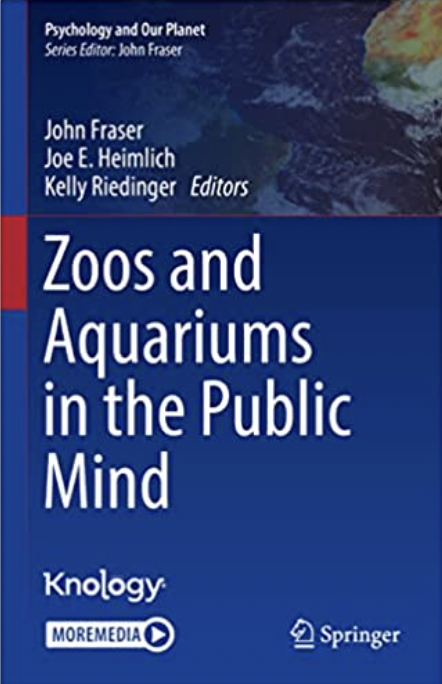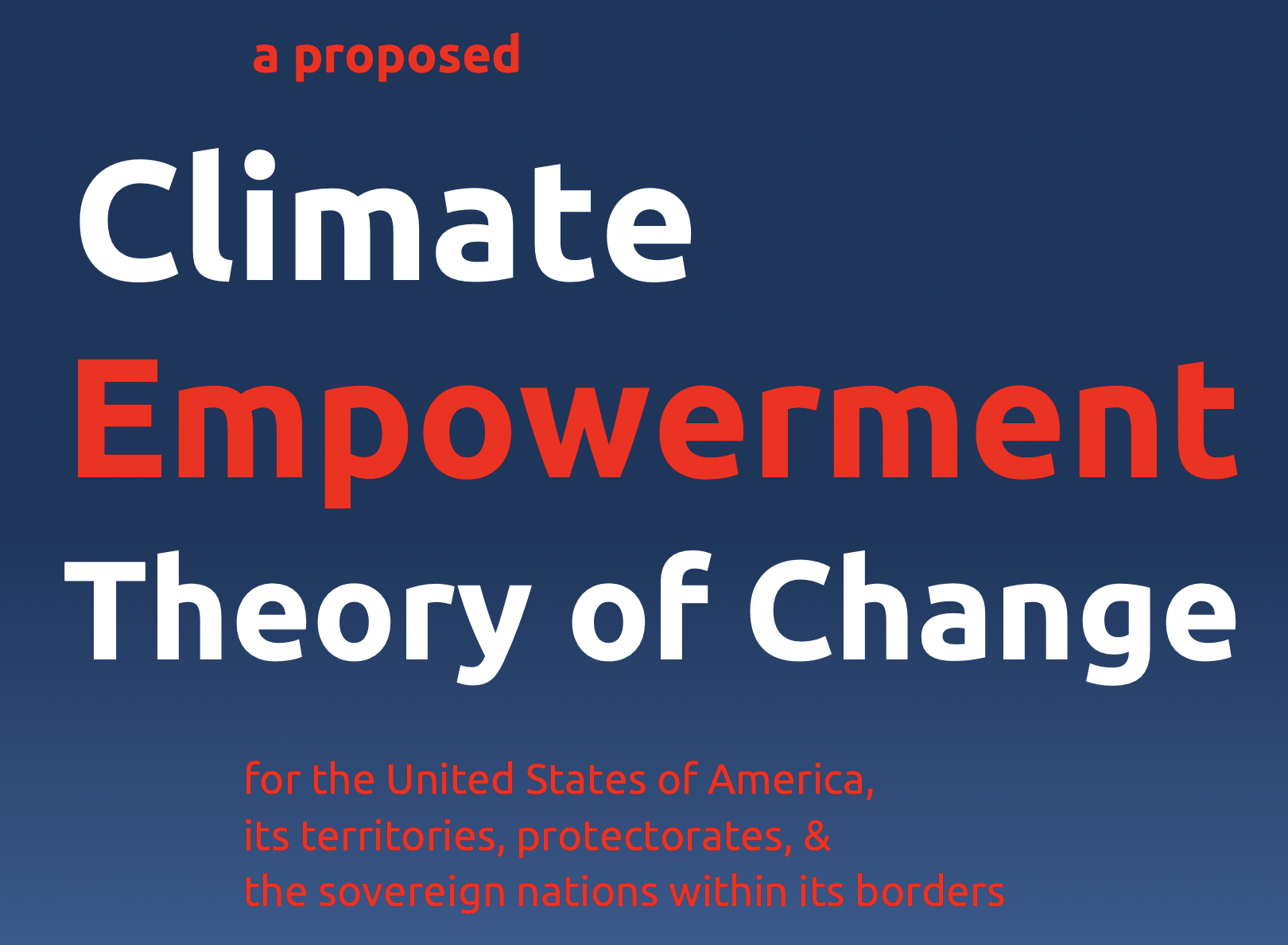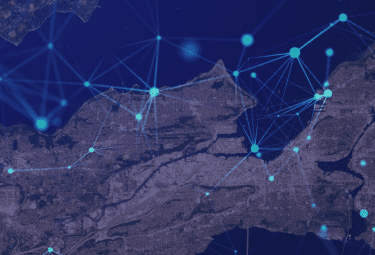Innovation to Impact. See you at the July ESIP Meeting.
ESIP Partner – Knology: Why Earth Science Data Needs Social Science

Knology’s Biosphere Work
Knology is a social science research organization that brings knowledge to action. Climate change and the environment are core aspects of our research.
What we do: Interdisciplinary social science offers insights into the beliefs, behaviors and systems that affect the Earth sciences.
Why we are ESIP Partners: Innovation and accessible data means connecting social science findings to Earth science system technology.
Through various biosphere initiatives, we study people’s multifaceted relationships with nature, looking at both the broader natural systems that shape human interactions with the environment and the impact these interactions have on social and individual well-being.
Inclusivity and equity are at the heart of our work. We’re interested in learning how people from all walks of life can engage with their natural, social and designed environments, so that we can more effectively address the big environmental challenges we face and create environmentally sustainable futures. We take a humanistic approach to our biosphere work, asking questions such as:
- How can protecting the environment contribute to individual and social well-being?
- What role do people’s cultural backgrounds play in their relationships with nature?
- How can different groups work together to address environmental issues and create inclusive, informed, cooperative societies that thrive together with the natural systems on which we all depend?
Intro to Knology
Knology empowers non-profit leaders, business leaders, philanthropists and academic researchers to untangle complex social issues and create practical, evidence-based interventions.
Our team consists of over 20 social scientists, writers, and educators from varied disciplinary backgrounds and areas of expertise. We are a grant-funded nonprofit research organization, and our outputs include peer-reviewed publications, web articles, workshops and professional development seminars, databases, and toolkits.
Learn more: knology.org
Collaboration Builds Climate Resilience
How do practitioners, community members, and scientists collaborate effectively to identify approaches for tackling climate change impacts? What does climate resilience at different levels of impact look like?
Knology’s long-time partnership and portfolio of projects with the New England Aquarium found that one particularly powerful way to build climate resilience is by forging relationships with community members and organizations. Especially key to this process is building shared understandings of concepts, prioritizing community needs, fostering democratic decision-making, and committing to transparency and equity in financial support.
The Environment as a Pathway to Learning
How can hands-on engagement with nature facilitate learning, skill development, environmental stewardship, and interest in STEM?
Our work with The Nature Conservancy’s youth engagement programming showed that environmental education can build multidisciplinary skills, resilience skills and care for nature, while also expanding young people’s interests in and perceptions of STEM careers.
Equity and Inclusion in Nature
How can deep-seated biases held about cultural groups be overcome to foster meaningful engagement with nature and the environment? What are best practices for learning and respecting diverse perceptions and definitions of nature and the environment?
Our research into the media’s portrayal of environmental justice leaders has shown that even though the contemporary environmental movement is more ethnically and racially diverse than ever before, news coverage suggests that this consists largely of well-educated White people. To correct this inaccurate representation of environmental change agents, we put forward a strategy that will help more members of the public identify with environmentalism and its goals.
Become an ESIP Partner
As an organization of organizations, our Partners anchor the ESIP community & help us govern as a nonprofit. Learn more about how to become a partner and the benefits: esipfed.org/get-involved/join
Ethics in the Biosphere
How can ethical viewpoints inform environmental practices and policies?
In 2022, the National Oceanic and Atmospheric Administration (NOAA) collaborated with Knology to co-facilitate a series of workshops to develop A Proposed Climate Empowerment Theory of Change for the U.S., its territories, protectorates and the sovereign nations within its borders.
The goal of these workshops was to devise strategies for helping the U.S. meet its goal of reducing emissions by 50% by 2030. Through dialogue with colleagues from across the nation’s climate empowerment communities, along with the federal agencies and civil society organizations who rely on public guidance for their work, we created a Theory of Change that can be used to build the social infrastructure needed to advance more connected, collective climate action across communities, states and regions.
In addition to these initiatives, we have also partnered with Springer Nature Switzerland AG for a book series called Psychology and Our Planet. The first two volumes in this series have been released.


Book cover and summary card of some of Knology's biosphere and ethics research.
This blog was written by Knology researchers Nicole LaMarca and Shaun Field, along with Knology writing and communications lead Elliott Bowen. Edits were provided by Allison Mills from ESIP.
ESIP stands for Earth Science Information Partners, a community of partner organizations and volunteers. We work together to meet environmental data challenges and look for opportunities to expand, improve and innovate across Earth science disciplines.
Learn more esipfed.org/get-involved and sign up for the weekly ESIP Update for #EarthScienceData events, funding, webinars and ESIP announcements.



